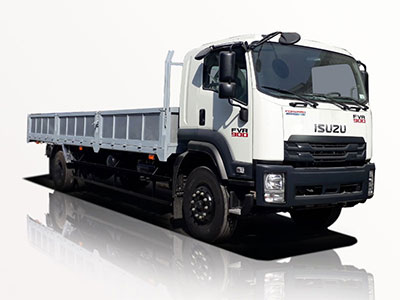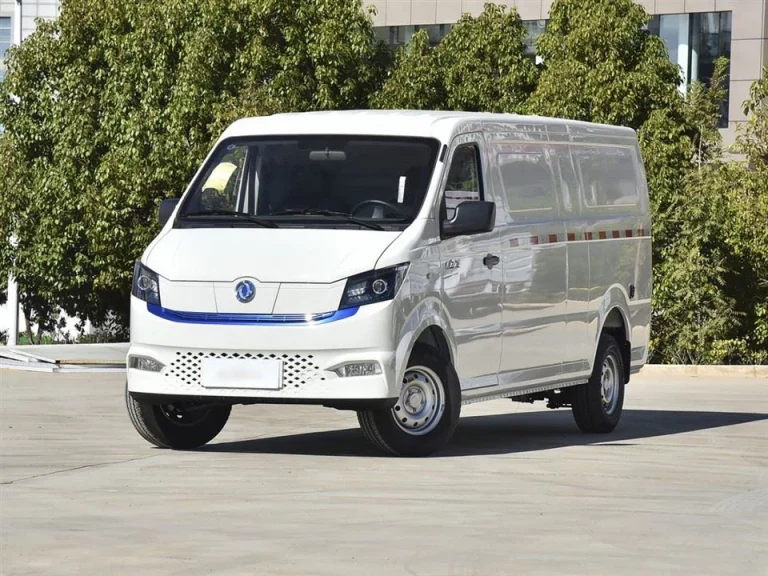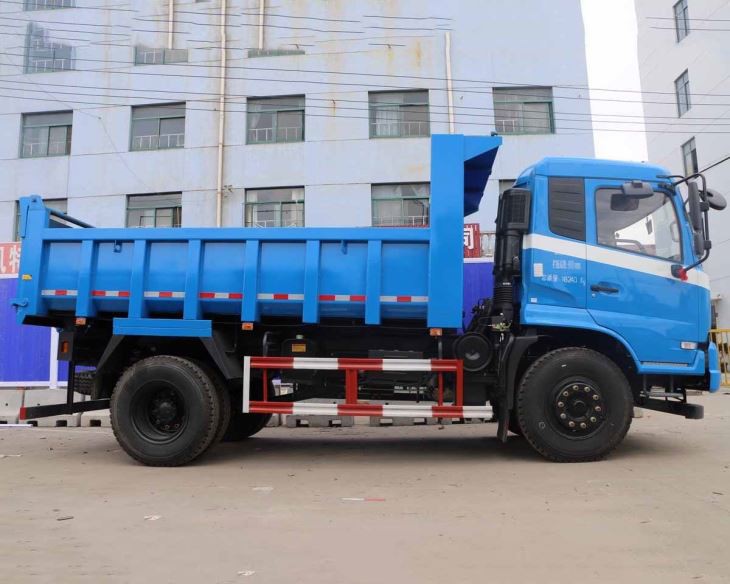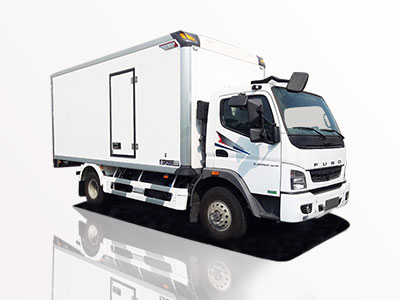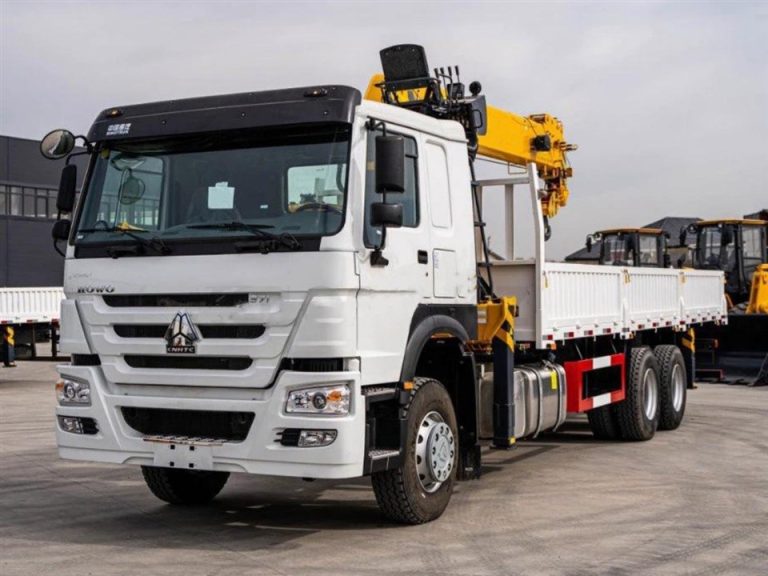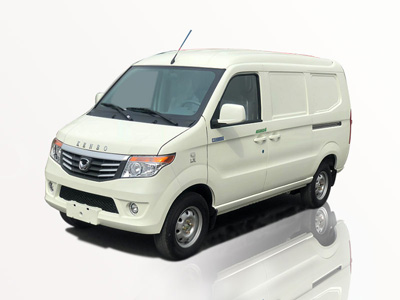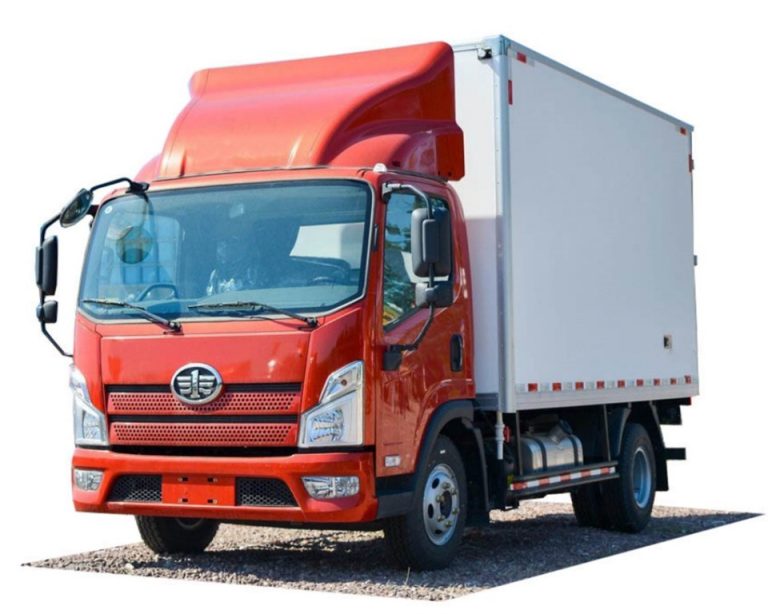When it comes to managing waste effectively, one of the most essential pieces of equipment is the waste compactor truck. These trucks play a critical role in the waste management industry, helping businesses and municipalities transport refuse securely and efficiently. In this article, we will explore everything there is to know about waste compactor trucks for sale, covering their types, features, benefits, purchasing tips, and much more. Whether you are a business owner considering a purchase or a municipality looking to upgrade your fleet, this guide will provide you with all the necessary information.
Understanding Waste Compactor Trucks
What is a Waste Compactor Truck?
A waste compactor truck is a specialized vehicle designed for collecting, transporting, and compacting solid waste. These trucks are equipped with hydraulic machinery that compresses waste, allowing for increased storage and efficiency during transportation.
How Does a Waste Compactor Truck Work?
The operation of a waste compactor truck involves several steps:
- Collection: The truck arrives at the waste source (residential, commercial, or industrial) to collect refuse.
- Compaction: Once loaded, a hydraulic compaction system compresses the waste to maximize space.
- Transport: After compaction, the truck transports the waste to a disposal or recycling facility.
Types of Waste Compactor Trucks
Front-Loading Compactor Trucks
Ideal for commercial applications, front-loading compactor trucks use a set of hydraulic arms to lift waste containers, allowing for easy loading.
Rear-Loading Compactor Trucks
These trucks are equipped with an opening at the rear, making them suitable for areas with limited space. Rear-loading compactor trucks are effective for residential waste collection.
Side-Loading Compactor Trucks
With a side-loading mechanism, these trucks are highly efficient in urban areas. They can collect waste from both sides without moving the truck.
Comparison Table of Waste Compactor Truck Types
| Truck Type | Best For | Loading Mechanism |
|---|---|---|
| Front-Loading | Commercial | Hydraulic arms |
| Rear-Loading | Residential | Rear opening |
| Side-Loading | Urban areas | Side mechanism |
Key Features of Waste Compactor Trucks
Compaction Ratio
The compaction ratio indicates how much waste the truck can compress. A higher ratio means more efficiency and reduced transportation costs.
Weight Capacity
Understanding the weight capacity is crucial for compliance with local regulations and to ensure safe transportation. Most compactor trucks have a capacity ranging from 10,000 to 30,000 lbs.
Durability and Build Quality
Look for trucks made from high-grade steel that can withstand harsh operating conditions. Reinforced bins are also important for longevity.
Hydraulic Systems
A powerful hydraulic system allows for effective compaction and loading. Ensure maintenance accessibility for optimal performance.
Benefits of Using Waste Compactor Trucks
Increased Efficiency
Compactor trucks can hold more waste than normal trucks, allowing fewer trips to disposal sites, saving time and fuel.
Cost-Effectiveness
Although the initial investment can be high, the operational savings over time due to reduced trips often justify the purchase.
Environmental Impact
With improved packing density, these trucks can significantly lower carbon emissions by reducing the number of trips made.
Considerations When Buying a Waste Compactor Truck
New vs. Used
Decide whether you want a new truck with advanced features or a used one for better affordability. Each has its advantages:
- New: Latest technology and warranty protection.
- Used: Lower price but may come with maintenance needs.
Regulatory Compliance
Ensure the truck meets all local and state regulations to avoid fines. Understanding emissions regulations is also critical.
Financing Options
Explore financing options, including loans, leases, or grants for purchasing waste compactor trucks. Comparing interest rates can yield significant savings.
Where to Find Waste Compactor Trucks for Sale
Online Marketplaces
Websites such as eBay, Craigslist, and specialized dealerships offer a variety of new and used compactor trucks. Conduct thorough research to ensure honest listings.
Local Dealers
Visit local dealerships that specialize in commercial vehicles. Building a relationship with a dealer may provide additional benefits like maintenance and financing support.
Auction Sites
Consider government and fleet auctions where you can often find trucks at lower prices. However, be mindful of potential maintenance issues.
Maintenance Tips for Waste Compactor Trucks
Regular Inspections
Schedule routine checks on the hydraulic system, brakes, and tires. Early detection of issues can prevent costly repairs down the line.
Cleaning and Sanitizing
Regularly clean and sanitize the interior of the truck to prevent odors and bacterial growth. This is especially pertinent in warmer climates.
Lubrication
Keep all moving parts well-lubricated to ensure the durability of the compactor’s mechanism and avoid early wear and tear.
Frequently Asked Questions (FAQs)
1. What is the lifespan of a waste compactor truck?
The lifespan typically ranges from 10 to 15 years, depending on usage, maintenance, and whether the truck is new or used.
2. How much does a waste compactor truck cost?
The price can vary widely from $30,000 to over $100,000, depending on the truck’s type, condition, and features.
3. Are waste compactor trucks environmentally friendly?
Yes, they reduce the number of trips required for waste transport, which lowers fuel consumption and greenhouse gas emissions.
4. Can I finance a waste compactor truck?
Yes, many financial institutions offer loans and leases specifically for commercial vehicles, including waste compactor trucks.
5. How often should I replace my waste compactor truck?
Generally, if maintenance needs increase significantly or operating costs rise, it may be time to consider a replacement.
6. What should I look for in a used waste compactor truck?
Check for general wear and tear, engine performance, hydraulic system functionality, and service history to ensure it is a good investment.
